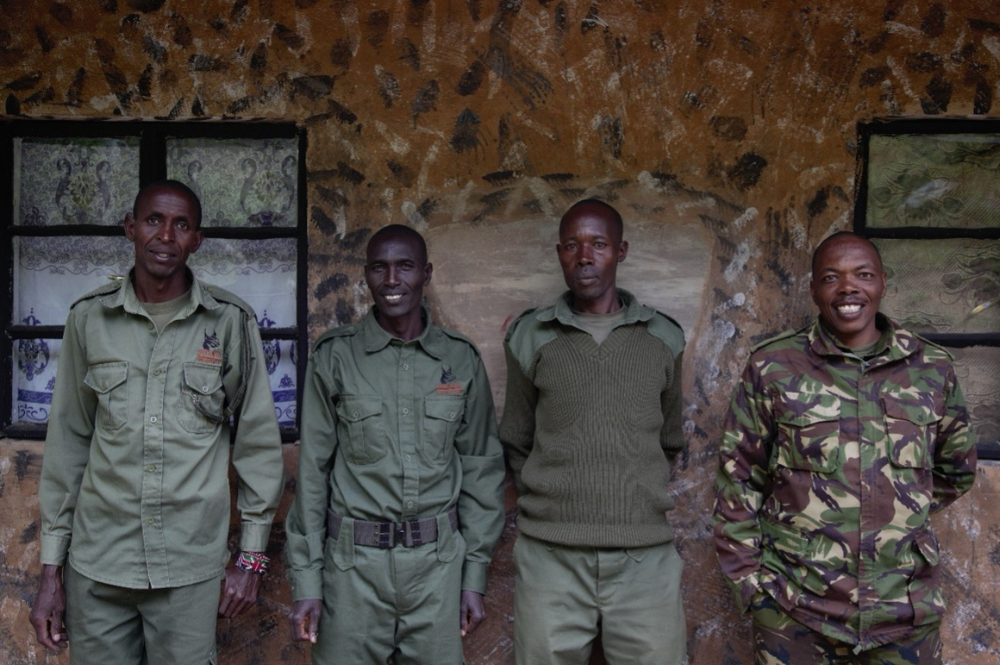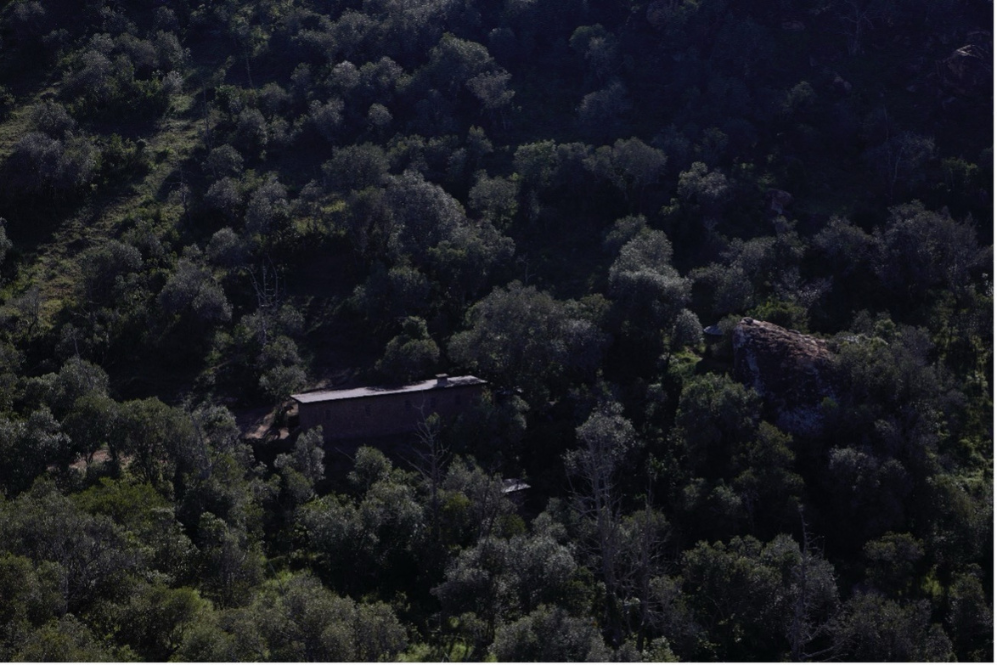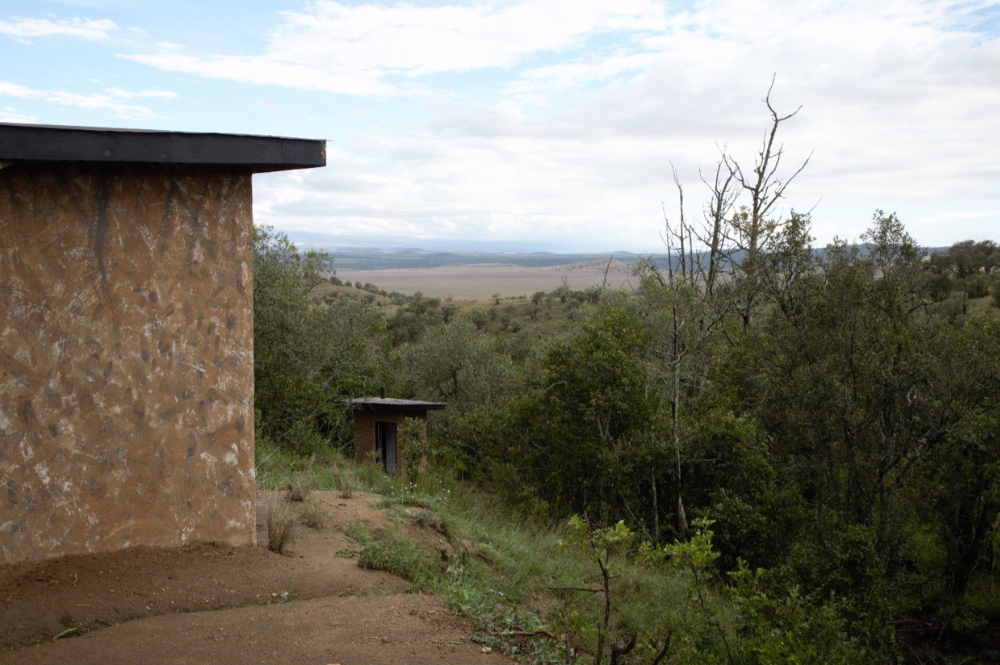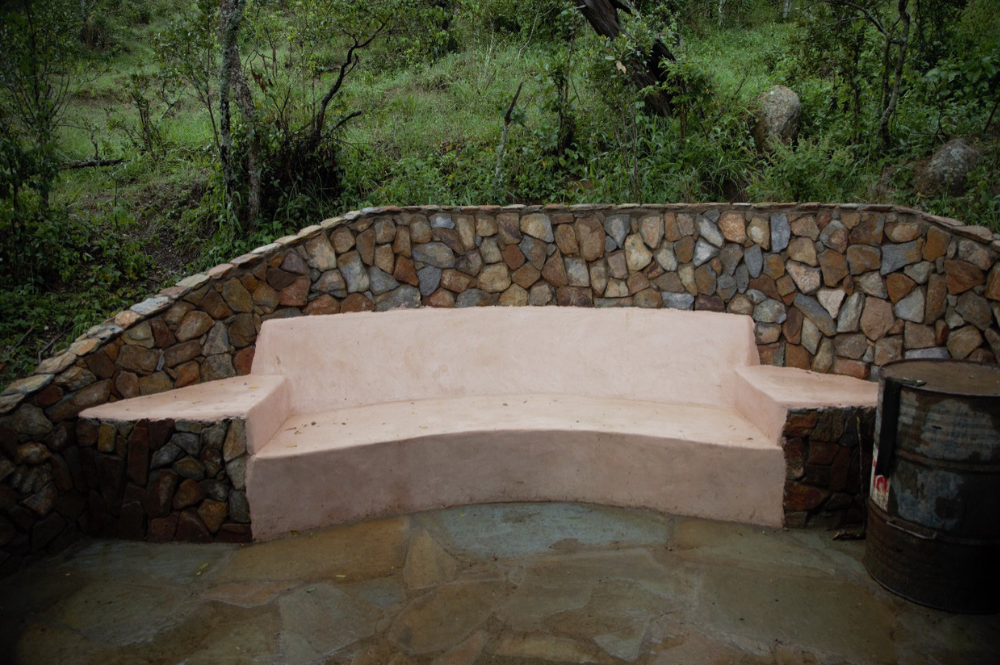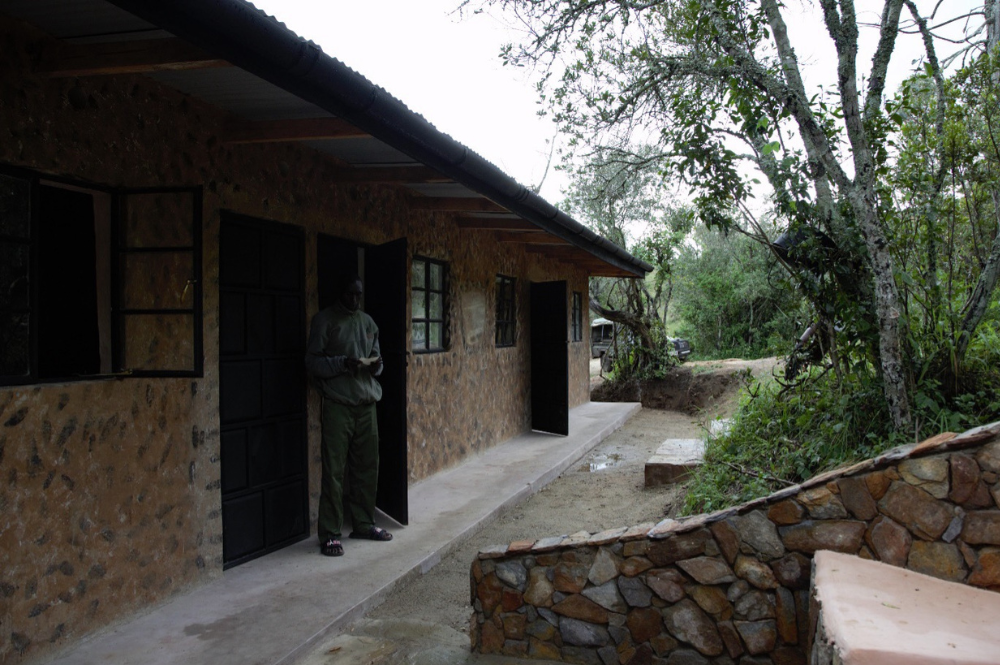Despite maintaining zero poaching since 2019, the threat of organised criminal networks to rhinos at Lewa and Borana conservancies remains ever-present. Across the Lewa-Borana Landscape (LBL), keeping endangered wildlife, and the people that support them, safe, requires reliable and collaborative security strategies.
Lewa and Borana, alongside two other nearby rhino reserves, Ol Jogi and Ol Pejeta, work closely together to reduce the chance of organised wildlife crime networks exploiting any weak link. Close to LBL, rangers from conservancies without rhinos are also part of this collaborative effort, with Lolldaiga, ILMAMUSI, Il Ngwesi and Lekurruki Conservancies all partaking in joint patrols to protect people, livestock, and wildlife alike. Patrol routes and personnel change often, but ranger bases are placed strategically to provide a secure station for teams to return to.
Borana Conservancy is home to eight patrol teams. One of these, Zulu 2, is based close to the north-western tip of the Conservancy, at a spot named Arijiju. High on the hillside, Arijiju is a well-placed security base, with three rangers stationed there at any one time. However, after 10 years of carrying out three-month stints in “temporary” accommodation, it was time to upgrade this base to make it more comfortable and up to standard.
Thanks to donations from Chris Richardson’s family and great friends, we helped Borana Conservancy construct a new three-bedroom ranger outpost at Arijiju. Camouflaged amidst the vegetation, it blends seamlessly into the landscape, giving rangers vast views of the surrounding plains. Naturally, sustainability was crucial for the building. As much as possible, recycled eco-friendly materials were used and processes that work with nature were embedded for the long-term: wine bottles from Borana Lodge were used to line windows, and the roof was designed to collect rainwater in a connected 10,000-litre water tank. As the outpost was built to be fit for purpose, each bed includes space underneath to provide a secure place for personal items. An inverter-charger system was added for a TV, as well as a charging station for radios, torches and mobile phones and a communal kitchen with an outside seating area.
After completion, it wasn’t only rangers enjoying the new base at Arijiju. The new guttering fell foul of the local baboon troop, whose antics and games made short work of it. This was promptly replaced, however, and the new build has improved the living standards of the rangers on duty here enormously. Thanks to the efforts of the incredible rangers at Borana, rhinos across the landscape have increased. Efforts to uphold and improve levels of security in existing and potential rhino habitats such as this are key to helping this species recover and prosper.
Whilst it remains a constant risk, poaching is no longer the greatest threat to the black and white rhinos at Lewa and Borana. In its place, another, rather paradoxical, issue is of grave concern. With the population growing, the rhinos’ breeding record is hindered by the lack of safe, secure habitat into which they can expand. Thankfully, there are plans already in place to overcome this challenge.
In February, 21 black rhinos from Lewa Conservancy, Ol Pejeta Conservancy and Nairobi National Park were moved to Loisaba Conservancy. This translocation was a huge achievement, enabling the expansion of black rhino habitat into some of the species’ former range (watch our video on YouTube with some of the experts involved in this exciting relocation to find out more).
With your continued support, we look forward to continuing to be part of this effort; enabling the growth of rhino populations by supporting rangers as they protect and monitor them each day. Thank you.









